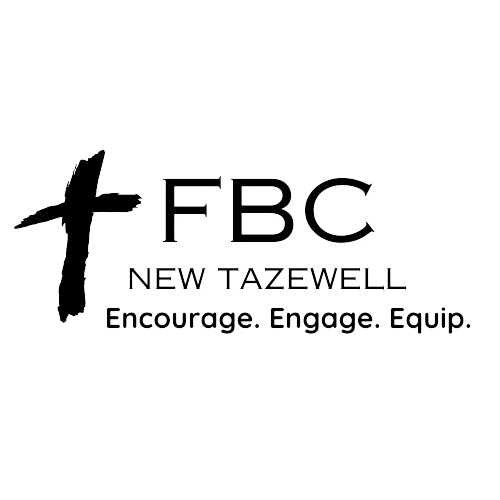Transformational Church Assessment
The following are the focus areas that we must look at to move from where we are to where we want (need) to be. Each focus group is facilitated by a Deacon who will report back to the Deacons and leadership team. Members of the congregation were divided into groups when these focus areas were set up, but they are not limited to just one group. Members may attend any of the focus groups to add their input to the discussions.
The focus groups are:
Missionary Mentality – Know your context. . . know your community
Summary Statement: The high level of awareness and deep concern church members have for the needs of the community could be more effective in determining the mission strategy of the church, prompting more creative and externally focused efforts to reach the unchurched and non-Christian population for the surrounding area.
Vibrant Leadership: Help the church focus on mission
Summary Statement: Church leaders model the character and servant-leadership of Christ and are willing to trust others with significant ministry responsibilities, yet a system is needed to develop current and future leaders to lead the church in developing and implementing a clear vision for the church.
Relational Intentionality – Intentionally build platforms to create relationships
Summary statement: While the church does an excellent job of greeting people and making them feel welcome, it would be helpful if more people were involved in this process along with helping people move through a clearly defined discipleship process toward becoming a more engaged member of the church’s mission and ministry.
Prayerful Dependence – Respond to God’s work leading to obedience to His mission
Summary Statement: While an effective system and structure is in place for members to pray for the needs of people in the church and community on both the corporate and personal level, a stronger emphasis and assistance needs to be placed on leading church members to pray toward God’s mission.
Worship – Actively embrace Jesus
Summary Statement: While worship attendance of members is consistent, the sense of expectancy, level of active participation, and impact on daily lives does not necessarily encourage members to consistently bring friends with them to worship.
Community – Connect people with people
Summary Statement: Small groups have nurtured a strong sense of ownership and caring ministry for people involved, yet members have not fully embraced the importance of small group ministry in order to create an environment where using one’s spiritual gifts in serving is an expected and normal behavior of church members.
Mission – Show Jesus through word and action
Summary Statement: FBC is intentionally and effectively meeting physical and spiritual needs of people in the community, building a positive reputation among community leaders and residents; yet there is a need to assist members in building significant relationships and becoming comfortable in personal evangelism with the unchurched and not-Christian.
